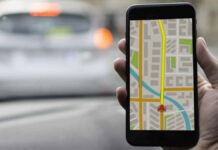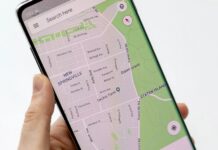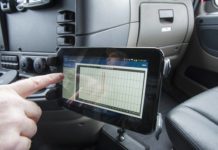
We are as much amazed as we are surrounded by vehicles for the first moment we arrive on this planet, and that special connection between humans and vehicles is something that simply cannot be described. Of course, we are all different, meaning that each one of us has a different taste in vehicles, and even though some prefer motorcycles, planes, boats, and even trains, for a vast majority, a car represents something they simply cherish. Some of us prefer high speed and sports cars are something extraordinary, while others prefer smart or electric cars, and for many, old-timers are the best, but, in the end, we can all agree that driving provides a special feeling, regardless of the vehicle type.

1. Driving abroad
Let’s first state the obvious and mention that driving is not identical in every country, which is why not every country accepts the driving licenses we have. Yes, it may sound surprising, but there are some limitations, depending on the country you are from and the country you want to visit. So, the first thing to check when traveling abroad is the law, and whether there are some limitations or not, driving license wise. Now, you should not worry, as even if there are certain limitations, there is also a simple solution for that, and the best one is getting an IDP.
2. What IDP stands for?
The IDP is short for International Driving Permit, and the main thing about it is that it is widely accepted, meaning that you will have no trouble driving your vehicle almost anywhere. As for specifics, the IDP contains all-important driving license info, and it covers eleven different languages. This document isn’t new, as it all started way back in 1949 when the USA signed a treaty with several countries, and today, that number exceeds 150 of countries where IDP is recognized. That is why obtaining this document can be a lifesaver, as it grants no problem while traveling abroad documentation-wise.
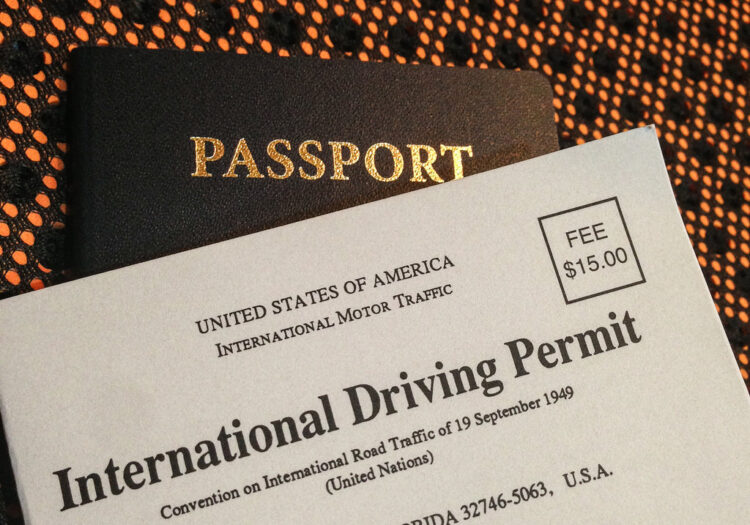
3. How to get an IDP?
As for the things needed for getting an IDP, documentation varies from one country to another, but the principle is pretty similar. For example, those living in the States need to complete the AAA IDP application, bring it to the nearest branch with the following documentation:
- two photos
- driving license
- 20 bucks to pay the fee.
Yes, it is as simple as it sounds, and the best way is that you can also get one online. Of course, in order to avoid many scams, the best thing is to go with a renowned IDP provider with vast experience and thousands of satisfied users/drivers, like InternationalDriversAssociation, and in a couple of hours, you will get your IDP and embark on your journey.
4. Learn the driving laws and speed limits
Once you get the IDP and you can drive abroad, the next essential thing is to learn more about the laws and check more about speed limits in that country. Different countries have different laws and different speed limits, and it is not an excuse that we are not familiar with them before driving on their roads. It is our obligation to investigate and learn them since it is the only way to remain protected and to be sure that we will not hurt other people. It may be pretty challenging to get used to in the beginning, but after some time, it will be the same as we drive by the laws we are used to. In some countries, you will need to use the left side of the road for driving, while in others you will use the left one, and it is not easy to get used to it, but it is possible with proper preparation. Because of that, it is necessary to be prepared after making a decision to drive and learn everything you need carefully.
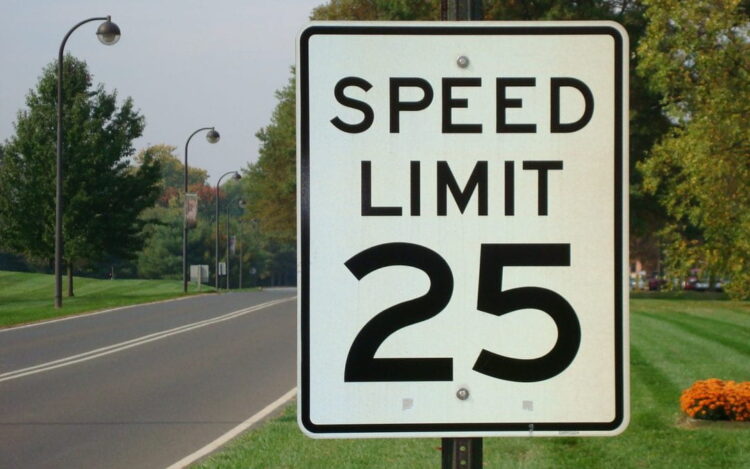
5. Use the GPS
It can be pretty difficult to drive on roads we are not familiar with, so we can easily get lost, but luckily there is one small gadget that can help us a lot when we decide to visit a foreign country. It is not something new, and many of us use it at least once in a lifetime, and you are right that we are talking about the GPS. We have the option to rent or buy the GPS, and besides that, today we can use the navigation on our mobile phones, even in the offline mode, which is pretty important if we choose to visit the country with roaming because it will not add extra costs to our bills.
6. Learn metric
Keep in mind that people use miles to measure distances in some countries, while in others, they use kilometers. That means our speed can be measured in miles per hour (mph) or kilometers per hour (km/h), depending on the country we intend to visit. It can look pretty complicated to get used to a new speedometer, but it is not like that at all. Vehicles have both speedometers in most countries, and even if there are not both of them, you need to learn that 50mph is about 80km/h, and you are ready to go. Speed tickets are not low in many countries, and it is much better to avoid them, and what is even more important, it is crucial to drive safely to protect your and other people’s lives.

The bottom line
Driving abroad is not an easy decision even for experienced drivers because it always has some risks. We should not be afraid of it because, with decent preparation, you can drive whenever you want. The main thing is to learn the laws, limits, and of course, the side you need to use, and you are ready to go. Besides knowing the rules, it is crucial to have the necessary documents to avoid paying the traffic fines or, even worse, ending up in jail. If you are sure that you prepared all the documents and know everything about the laws in a certain country, there is no need to walk if you can drive.


